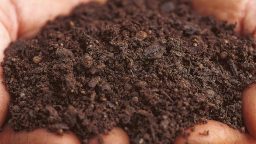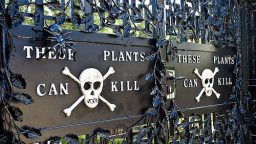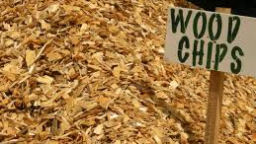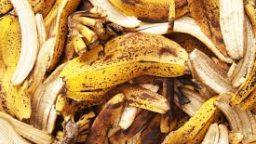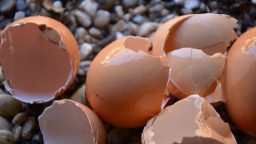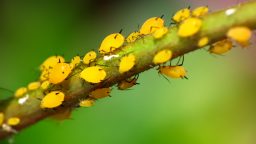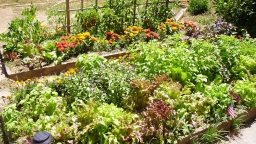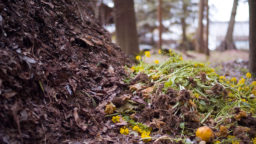Whether you are growing in raised beds, containers, or even in rows, you can benefit from starting your crops on tables and even under cover. But starting your crops outside of their final location, or growing in containers will mean that you need potting soil, which is expensive. Reducing this cost is a crucial step in lowering the overall cost of your garden. Here are some tips on making your own potting soil to cut costs.
Peat
It’s unlikely that you will be able to build your potting soil without purchasing anything, but purchasing individual ingredients in bulk, and then stretching them will reduce costs dramatically. One ingredient that you are not going to want to go without because of its ability to wick water up is peat, or coconut coir but generally, peat is cheaper. This can be stretched by adding saw dust to it that you might be able to get for free if you look for a mill in your area.
Compost
Compost is, of course, something that you can produce for free. When using it for potting soil you want to make sure that you are using the finest material you can. Avoid material with large sticks and obviously, recognizable pieces of ingredients that have not decomposed. Vermicompost or worm bin compost is great for this.
Perlite
Perlite is a volcanic rock that aids in drainage and preventing soil compaction. These are important factors especially in potting soil. Perlite can be expensive, but it is a difficult ingredient to replace because of it’s unique and highly beneficial characteristics.
Separate
Once you have mixed these ingredients thoroughly you have potting soil. To avoid the need to purchase these ingredients again, simply segregate your spent potting soil and compost it in a separate pile or add it to your worm bins. This will keep all of your perlite available for future use, the compost will be replaced, and it will reduce the need to purchase more peat.
Making your own potting soil not only reduces the cost of purchasing it by the bag, but it also reduces the loss that you would suffer from unsuccessful direct sowing of valuable seeds. Don’t let the cost of potting soil deter you from starting in a more controlled environment, make your own.
If you enjoyed this, you might also like….
